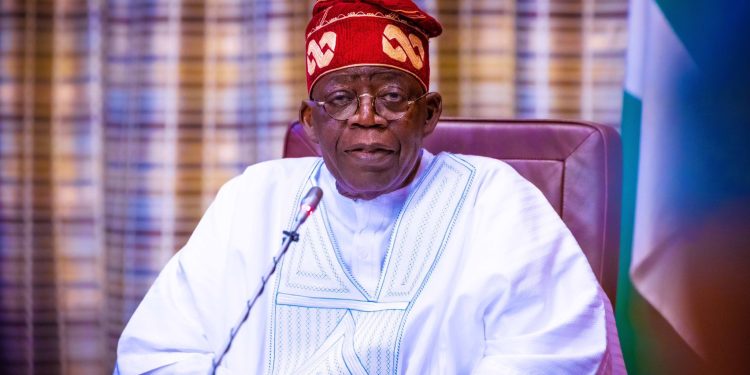On September 6, all eyes will be on Nigeria’s Presidential Election Petition Court (PEPC) as it prepares to deliver judgment on the contentious February 25 presidential election.
The main focus of this judgment revolves around the victory claimed by Senator Ahmed Bola Tinubu and his party, the All Progressives Congress (APC).
However, two prominent figures, Peter Obi and Atiku Abubakar, eagerly await the outcome, hoping it might open a path to the nation’s highest office.
Some Background
The legal drama began with the Peoples Democratic Party (PDP) and their standard bearers, Atiku Abubakar and Peter Obi, along with the Labour Party, challenging the APC’s victory in the presidential election.
They presented their cases and called upon 40 witnesses to support their petitions. Simultaneously, the Allied Peoples Movement (APM) joined the fray, filing petitions against Tinubu’s victory.
The PEPC, recognizing the interconnected nature of these petitions, consolidated them into a single case. They are marked: CA/PEPC/05/2023, CA/PEPC/04/2023, and CA/PEPC/03/2023.
This consolidation underscores the shared issues that these political parties have raised in their quest to challenge the legitimacy of President-elect Bola Tinubu’s victory.
What the Battle is About
On March 1, 2023, in the most controversial circumstances, the Independent National Electoral Commission (INEC) declared Senator Bola Ahmed Tinubu the victor of the February 25 presidential poll.
The APC, his party, secured the highest number of votes, meeting the constitutional requirement of securing at least one quarter of the votes cast in each of at least two-thirds of all states in the Federation and the Federal Capital Territory (FCT).
The results painted an opaque picture of the electoral landscape: Tinubu secured 8,794,726 votes, representing 36.61% of the total votes cast, while Atiku came second with 6,984,520 votes, representing 29.07%.
Peter Obi was not far behind, securing 6,101,533 votes, or 25.40% of the total votes cast.
Challenges Raised: Electronic Transmission and Constitutional Compliance
Obi and Atiku’s challenges focus on INEC’s alleged failure to carry out electronic transmission of results from polling units.
They contend that Tinubu failed to secure a majority of votes in the election and the required 25 percent of votes in the FCT, as mandated by the constitution for a candidate to secure victory.
Another contentious issue raised in the petitions is the dual nomination of Kashim Shettima, the APC vice-presidential candidate, who also ran as a senatorial candidate for Borno Central.
These legal battles underscore the complexity and importance of this judgment, as it could potentially reshape the nation’s political landscape.
As the PEPC gears up to deliver its verdict tomorrow, Nigeria eagerly awaits the outcome, which could have far-reaching implications for the country’s political future.












